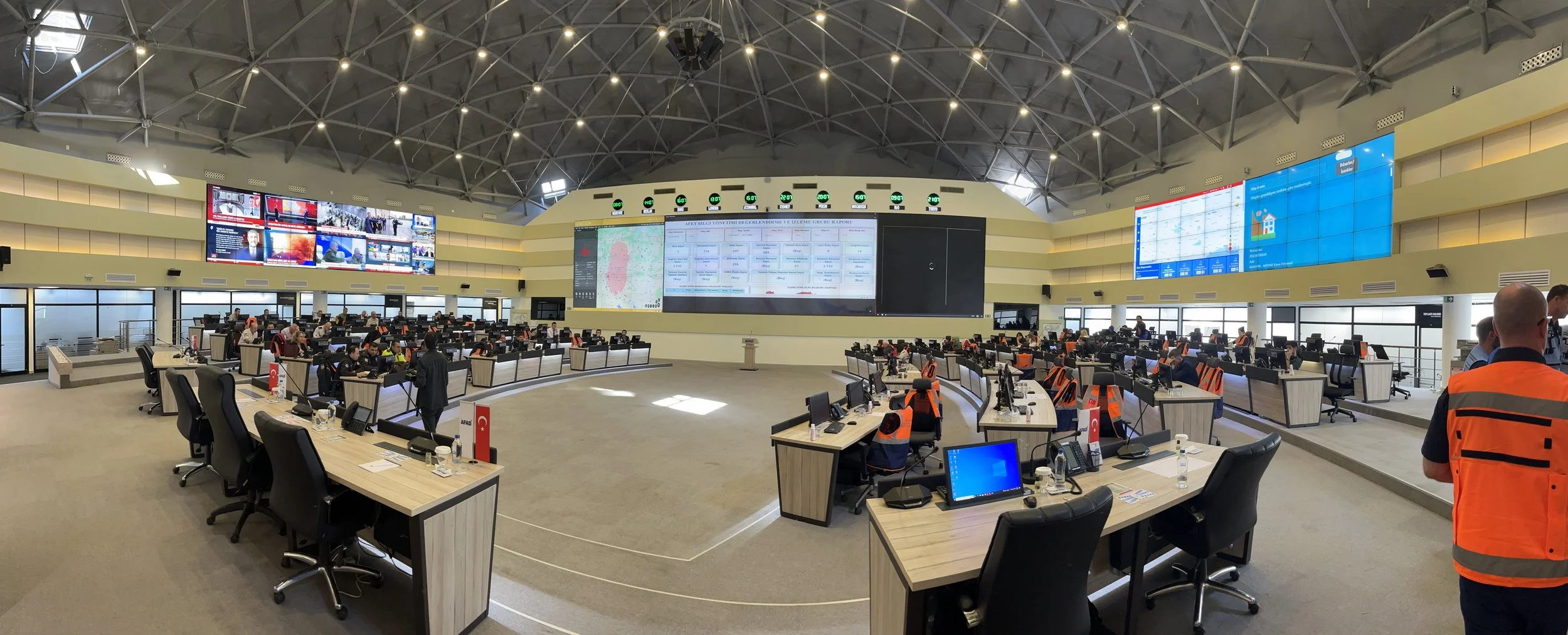RESEARCH
My research examines organizational behavior and social change in war- and disaster-affected contexts. Focusing on the Middle East and North Africa, I use ethnographic, interview-based, and archival methods to study how actors such as military organizations (state and non-state), civilian bureaucracies, and humanitarian agencies cope with crisis, disruption, and fragmentation. Using a relational lens grounded by social network theory, I am particularly interested in examining how interactions between formal organizational hierarchies and actors’ quotidian networks—that is, their everyday kinship, friendship, and other social ties— shape organizational knowledge, decision-making, and evolution. My publications examine civil war and political violence, organizational politics, forced migration, the politics of disaster, and qualitative research methods. I am currently studying how states conceptualize and plan for emergencies. You can read more about my past and ongoing projects below.




